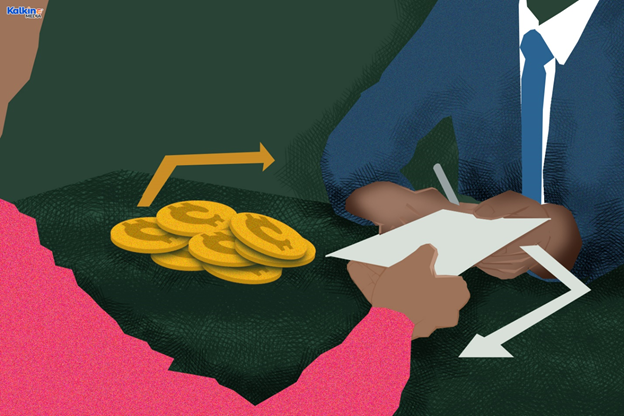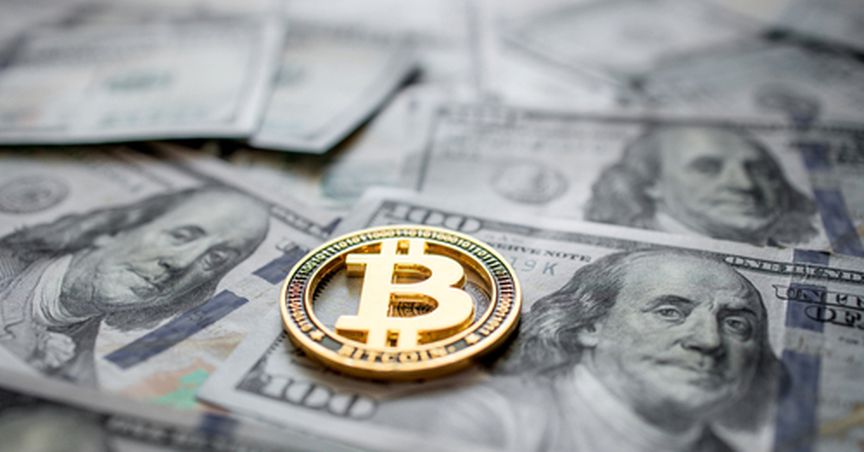Highlights
- A central bank digital currency is essentially the digital form of the bank’s money.
- The US CBDC, which is under development, showed a record speed of 1.7 million TPS in the recently conducted pilot tests.
- US President Joe Biden will likely issue an executive order on the government’s cryptocurrency policy this week.
The Federal Reserve’s digital currency initiative “Project Hamilton” could be the world’s fastest blockchain after it logged a record speed of 1.7 million transactions per second in recent tests.
The pilot project, jointly initiated by the Federal Reserve Bank of Boston and the Massachusetts Institute of Technology (MIT), has recently undergone a critical network performance test.
The transaction speed is vital in determining efficiency and network performance. Bitcoin, the world's largest cryptocurrency by market share, has a transaction speed of 10 TPS, Ethereum 34 TPS, and Solana 50,000 TPS, the highest in the cryptocurrency market.
What is Central Bank Digital Currency or CBDC?
The CBDC is the digital form of fiat currencies available for the public but directly regulated by the central bank, unlike the current financial system that involves intermediaries such as banks.
There are two types of central bank money: a physical currency issued by the Federal Reserve and digital balances at Federal Reserve held by the commercial banks.
While the parallel disruptive cryptocurrency market is flourishing on the decentralized theme, the government considers cutting down on intermediaries and enabling a person-to-person transaction an inevitable option in the future.
CBDC is not like the existing digital money held with the banks. In the case of CBDC, the central bank will be directly liable for the money.
Also Read: Trump’s Truth app tops Apple (AAPL) store downloads; Can it rival FB?

Source: © 2022 Kalkine Media ®
Also Read: Top 9 energy ETFs: Can XLE, FENY protect against market volatility?
Biden’s digital currency policy
US President Joe Biden is likely to issue an executive order this week on the government’s cryptocurrency policy. The order may commission a study involving different agencies to evaluate the technology, viability, financial security, and stability of CBDC or the digital dollar.
The departments that will study and submit reports to the government include the Office of Science and Technology, the Financial Stability Oversight Council (FSOC), the Consumer Financial Protection Bureau, the Securities and Exchange Commission (SEC), the Federal Trade Commission (FTC), the Commodities Futures and Trading Commission, the state department, the treasury department, the commerce department, and the USAID.
Also Read: S&P 500’s KMI, VNO among top 7 dividend stocks to watch now
US Launching Digital Currency Project ‘Hamilton’ World’ ?
Other countries exploring CBDCs
Bahamas is the first country to launch a nationwide CBDC in 2020. Nigeria launched its CBDC in 2021. The Eastern Caribbean Currency Union has also created their own CBDC.
Others like Sweden, China, Jamaica, Saudi Arabia, Singapore, South Africa, and Ukraine are testing or implementing CBDCs. India's central bank is also working on its digital rupee for a possible launch by the end of FY 2022-23.
Also Read: Hot penny stocks ACY, NANX, UONEK, & 4 more that gave over 70% return
Bottomline
CBDCs are increasingly seen as an option for financial transactions or payment systems. According to the Fed, a digital dollar can transform the financial system and speed-up payments globally. But poorly regulated CBDCs can also destabilize the financial system.





